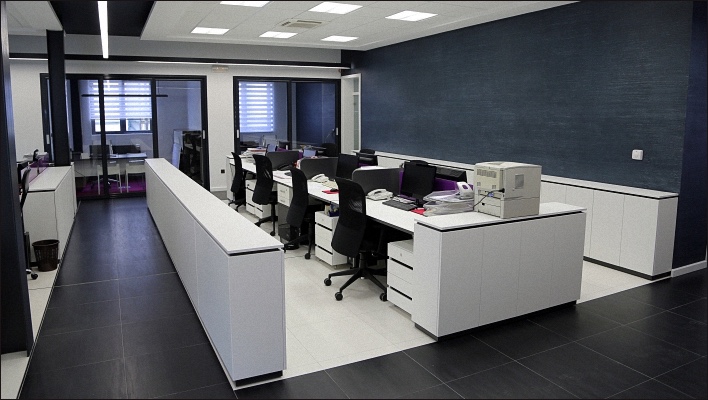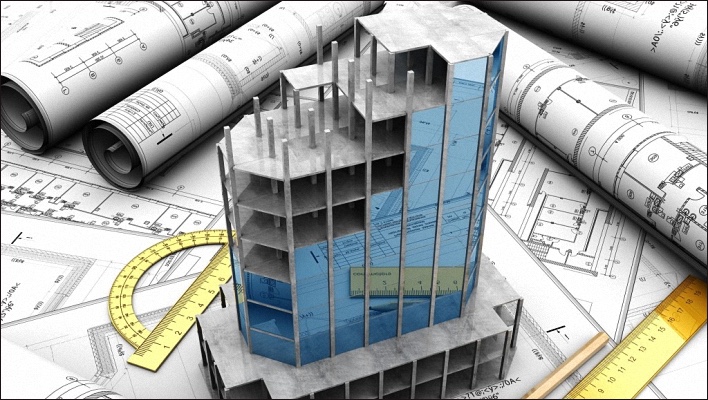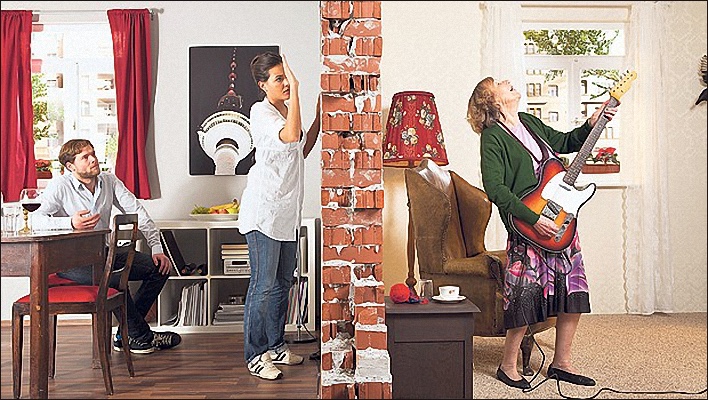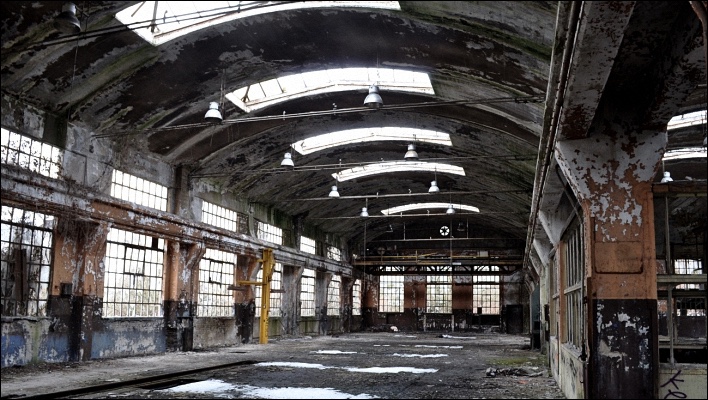Under the Hammer: The Epidemic of Underquoting
Have You Sorted Out Your Holiday Reading Yet?
.

ABOUT TWO WEEKS ago, my latest book was launched on Amazon. And I gave first look at it to everyone who had bought some of my training materials in the past — as well as, to my Inner Circle. [Read more…]
Tax Benefits for Collins & Pitt Street Farmers
The Truth Behind Falling Office Workspace Ratios
.

THE QUESTION IS: Have the major corporate tenants been “sold a pup”? Or have their Financial Controllers merely been focusing upon cost savings, rather than employee productivity?
Why not watch this short video and then, make up your own mind?
Would You Like to be Paid a Bonus to Refinance?
Claiming Depreciation on Fitouts … Some Rules to Note

COMMERCIAL PROPERTY OWNERS and their tenants can both reduce fitout costs for any business by claiming depreciation deductions.
As deductions can be claimed simultaneously by both owners and tenants, a few simple rules must be considered when a Quantity Surveyor prepares a tax depreciation schedule for a commercial property:
Commercial tenants are able to claim depreciation for any fitout they add once their lease starts. At the same time, commercial property owners can claim deductions for any of the plant and equipment items originally found in the property.
If a tenant’s lease demands that the property must be returned to its original condition, the tenant can write-off the remaining depreciable value of removed assets in the financial year of their removal.
If a tenant vacates a building and does not remove the fitout, the owner may still be able to claim the remaining depreciation for these items.
Small business owners should also be aware of the recent changes outlined in the federal budget and understand how these changes will affect their claims.
The following rules apply
- If a business has an aggregated turnover beneath $2 million per year, items added after 7:30pm on budget night (12th of May 2015) worth $20,000 or less will entitle their owner to an immediate write-off in the year of their purchase. This rule will apply until the 30th of June 2017.
. - For small business owners, assets which cost $1,000 or less installed between the 1st of January 2015 and the 12th of May can still be written off immediately. Assets above the $1,000 threshold purchased for small businesses between these dates can be added to a low-value pool and depreciated at an increased rate of 15 per cent in the first year and 30 per cent for each year after.
. - Assets purchased between the 1st of July 2012 and the 31st of December 2013 for small businesses which cost $6,500 or less are still eligible for an immediate write-off under previous depreciation legislation rules. Most other assets purchased during this time frame can still be pooled at a rate of 30 per cent.
. - For businesses with an aggregated turnover of over $2 million, although the measures implemented during the May 2015 federal budget will not apply, there are still substantial deductions available. Items worth $300 or less can still be applied as an immediate write-off and assets which cost $1,000 or less are still eligible to be added to a low-value pool.
Assets not within these thresholds will continue to depreciate based on their individual effective life, as determined?by the ATO.
Bottom Line: Commercial property owners and tenants who would like further information about how any of the recent federal budget rules will affect their depreciation claim can seek expert advice from a specialist Quantity Surveyor such as BMT Tax Depreciation.
BMT also provide depreciation schedules to help outline all of the deductions available for both commercial property owners and their tenants to lodge their claim when completing their annual income tax return.
APRA & Commercial Lending

WITH MORTGAGE LENDING at a high, RBA rates at an historical low, and competition within the lending industry extremely hot, a peculiar thing began to occur last month. Interest rates began to increase.
This was most profoundly evident with residential investment loans, with several of the majors increasing rates and reducing LVR limits for these loans. [Read more…]
Quiet Enjoyment: It’s More Than Just Noise

QUIET ENJOYMENT IS a right held by all tenants to enjoy their property undisturbed.
Most lease agreements come with a specific clause granting tenants quiet enjoyment, however, courts have readily implied the right into leases not containing such a provision.
In assessing whether a breach has occurred, the court will look to the activities of the tenant and whether they have been rendered practicably impossible to use the premises. [Read more…]
Negotiating is a Learned Skill
.

IT WOULD BE FAIR TO SAY I’ve lost count of the number of times people ask me about the secrets for a Successful Negotiation.
And so, you might care to watch this short Video … to gain a quick understanding of the three Key Elements which underpin every negotiation.
Because, once you know how to Negotiate … this will provide you with your ultimate Passport to Success. [Read more…]
Commercial Property: Retail Landlords to Pay!

THE VICTORIAN CIVIL and Administrative Tribunal has given an opinion at the behest of an application from the Victorian Small Business Commissioner.
President Garde determined that compliance costs under the Building Act 1993 (Vic) (Building Act) and repair and maintenance costs under the Retail Leases Act 2003 (Vic) (Retail Leases Act) are the responsibility of landlords and cannot be recovered from tenants. [Read more…]
Be Fully Aware of Your Commercial Property Deductions

WITH THE RECENT federal government announcement that small business owners are entitled to claim an immediate write-off for items worth up to $20,000, many commercial property owners may be wondering about what deductions they are entitled to. [Read more…]
- « Previous Page
- 1
- …
- 9
- 10
- 11
- 12
- 13
- …
- 18
- Next Page »












